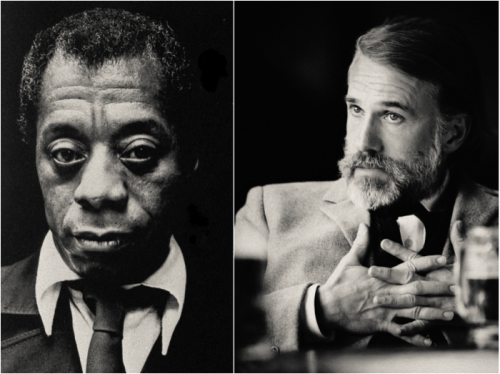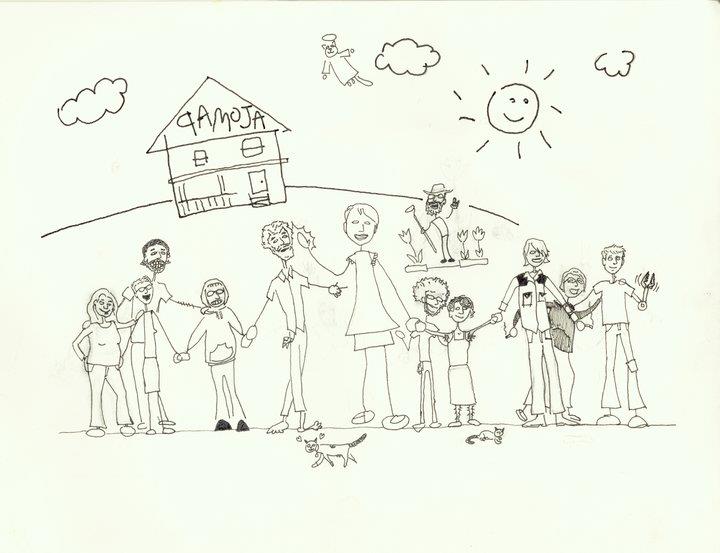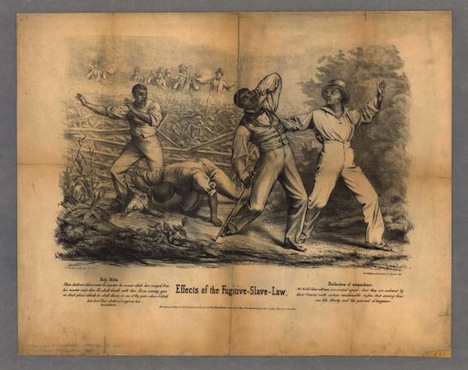Watching the World from Gethsemane: Darkness and the Devastated Self in Marilynne Robinson’s Fiction
Marilynne Robinson’s novels have become almost synonymous with loneliness, but solitude here remains entangled with a less acknowledged trope—an enveloping and dazzling darkness.







